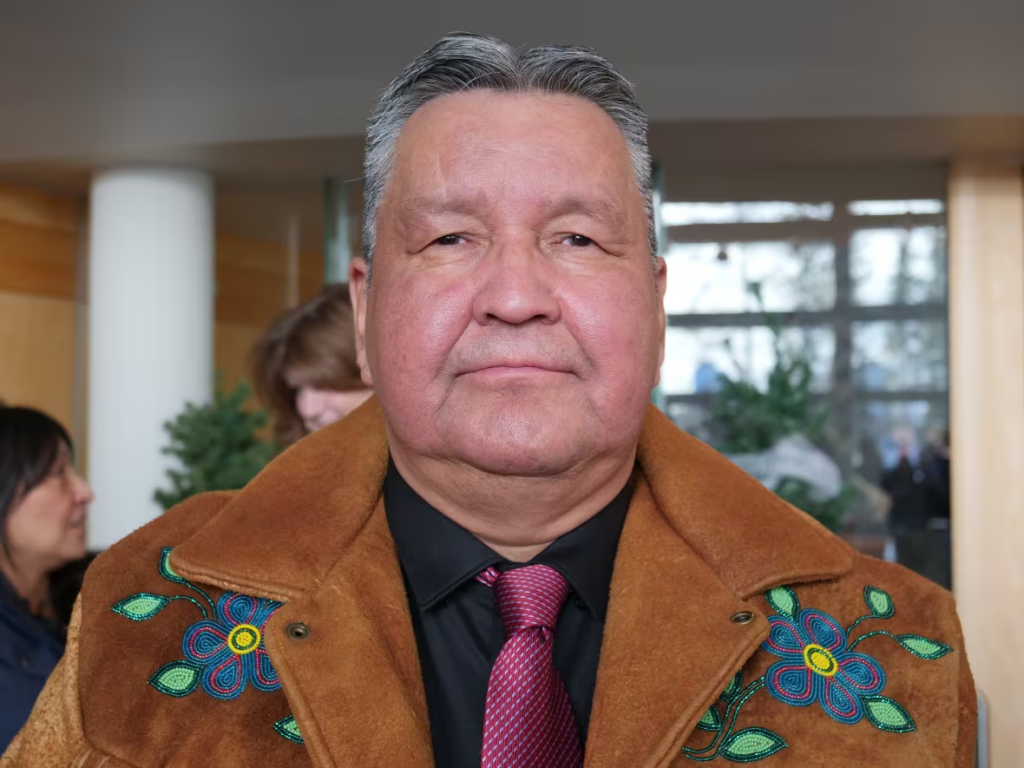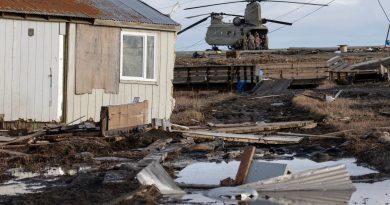Impacts of Jordan’s principle funding cuts already evident in N.W.T. community

Minister says they cannot afford to fund program in place of federal government
An N.W.T. MLA says funding cuts to federal Jordan’s Principle funding will affect school teaching assistant funding in Łutsël Kʼé.
The federal government announced sweeping changes to the program earlier this year. In February N.W.T. educators questioned if the funding changes would impact teaching assistant positions, considering the majority are funded through Jordan’s Principle.
MLA for Tu Nedhé-Wiilideh, Richard Edjericon says schools have since realized that the cuts will in fact affect those positions.
“Let me give you a concrete example of how devastating these cuts are. Last week I learned that Łutsël Kʼé Dene First Nation School is losing five full-time education assistants, all of whom were funded through the Jordan Principle program,” said Edjericon.
Edjericon gave Fort Resolution as a second example, and said that its Deninu School stands to lose a significant amount of federal funding with the new eligibility restrictions. He added that even schools in Yellowknife are at risk of losing funding with around $50 million in serious jeopardy come fall.
“For weeks now, schools across the North have watched as their applications for Jordan Principal funding for the fall have come back denied,” said Edjericon.
“When schools reopen this fall, a crisis of Indigenous education will begin unless this minister takes immediate action to restore the Jordan’s Principal funding.”

In 2024, the education department funded 127 support assistants. The other 205 were funded by Jordan’s Principle.
Edjericon asked Caitlin Cleveland, N.W.T. Minister of Education, how she is working with community school boards and First Nations to restore funding.
Cleveland said she has a close working relationship with the territory’s education bodies and education ministers in the Yukon and Nunavut.
She said that while conversations are taking place, it isn’t possible for the N.W.T. government to carry on the program with funding in place of the federal government.
“When this program was introduced and over the last number of years, officials at the Department of Education have reiterated to officials within the federal government that we cannot afford to take on this program should they choose not to continue it,” said Cleveland.
Edjericon noted how education is a treaty right to be upheld and questioned why the schools in the territory became so reliant on the federal funding.
Cleveland said the territorial government accounts for school positions within their funding formula and the federal government has created additional positions through their program, entirely separate from territorial government methods.
Cleveland said that she and the N.W.T. Minister of Health and Social Services will be bringing concerns to the federal government and looking to discuss them with Rebecca Alty, Minister of Crown-Indigenous Relations and Northern Affairs.
Related stories from around the North:
Canada: Changes to Jordan’s Principle unfair for N.W.T. children, some say, CBC News



